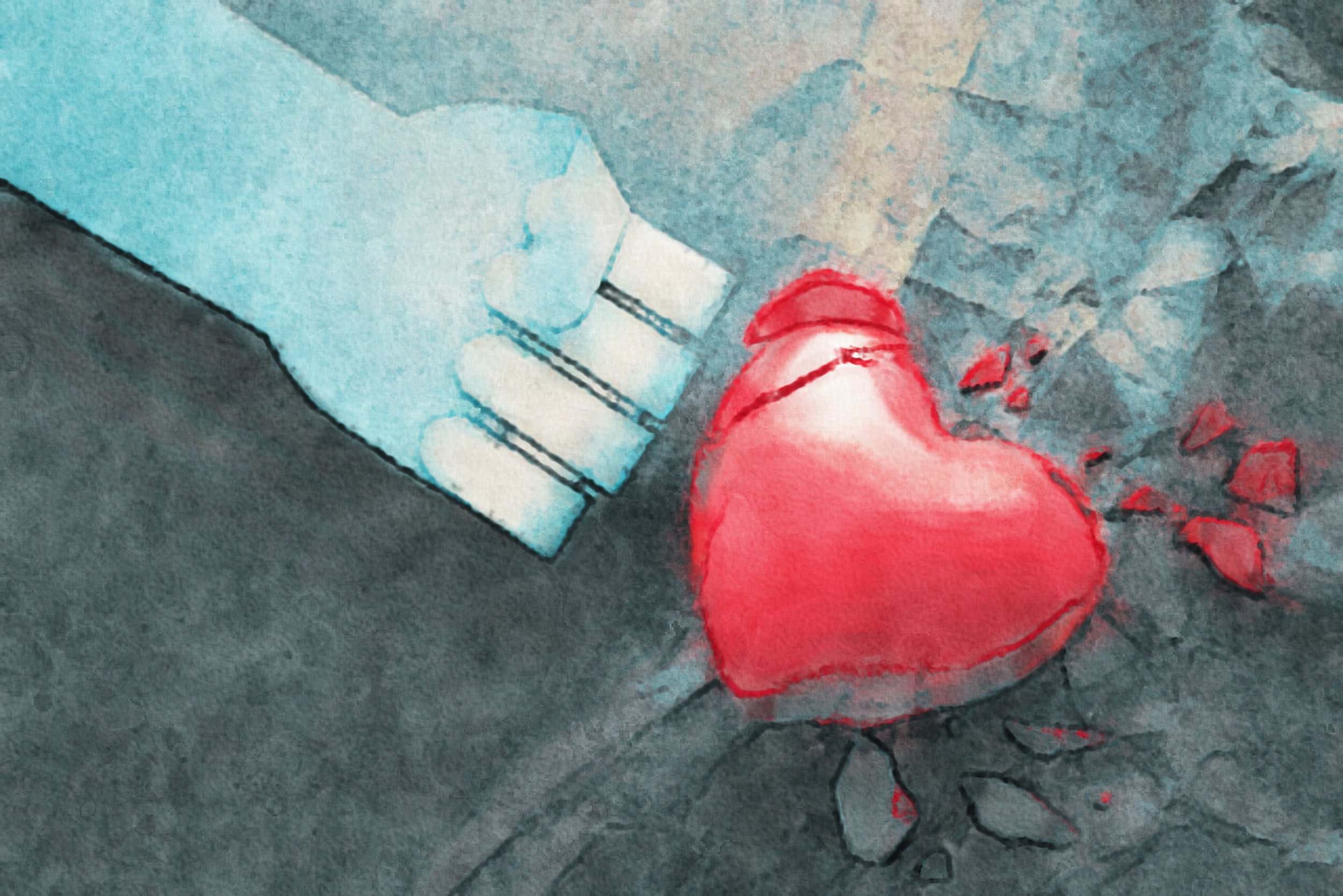
vicarious trauma, moral injury + institutional betrayal
understanding the hidden wounds of service
we don’t often talk about the burdens of service—but the reality is that caring often comes at a cost
For those in service-driven roles—public servants, legal professionals, healthcare workers, social justice advocates, humanitarian aid and development workers—integrity is not just a principle; it is the foundation of your work. You are the ones ensuring laws are upheld, lives are protected, and justice is pursued. But what happens when the very institutions your work within betray that mission? What happens when you dedicate yourself to ethical leadership only to find that your organization—or worse yet, your government—does not hold the highest levels of leadership to the same standards?
This is where moral injury begins. When professionals are forced to remain silent about injustice, witness harm they are powerless to prevent, or find themselves pressured into choices that conflict with their values, it leaves deep, lasting wounds.
moral injury—an individual crisis
Moral injury occurs when individuals—especially those in high-stakes professions—experience ethical conflicts that violate their deeply held beliefs. Unlike physical wounds or even psychological trauma, moral injury is an internal rupture, leaving individuals with guilt, shame, anger, and profound disillusionment.
It happens in places where ethics should be paramount:
Public Service & Government Work – When policies prioritize power over people, or ethical leadership is sacrificed for expediency.
Humanitarian & Social Justice Sectors – When funding, bureaucracy, or systemic inequities prevent those on the frontlines from truly serving those in need.
Healthcare & Legal Professions – When professionals are asked to turn a blind eye to unethical practices or systemic failures that harm those they serve.
For those who experience moral injury, the betrayal is not just personal—it is institutional.
Moral injury isn’t just about our individual conscience—it can deeply impacts our collective conscience through institutional betrayal. Institutions—both the organizations we work for and the government entities that are meant to serve and protect us—that claim to uphold justice, care, and protection often fail those who work within them, putting reputation, efficiency, or politics above the people.
institutional betrayal—a collective crisis
Institutional betrayal looks like:
Ignoring reports of unethical or harmful practices.
Retaliating against employees who speak up about injustices.
Overworking and under-supporting frontline professionals.
Holding lower-level employees accountable while shielding those in power.
When institutions turn their backs on those who uphold their missions, they fracture the trust that holds ethical service together.

vicarious trauma—when the weight of others’ suffering becomes your own
For many in service professions, the burden isn’t only the harm done to them directly, but also the suffering they witness in others. Vicarious trauma happens when repeated exposure to others' pain and injustice reshapes a person’s worldview, leading to exhaustion, numbness, or deep emotional distress.
When this trauma is compounded by moral injury and institutional betrayal, it leaves many of us wondering: Who will help the helpers and protect the protectors? Who will advocate for those who have always fought for others?
the cost of silence—what happens when we don’t address these wounds?
The long-term cost of moral injury and institutional betrayal is staggering, not only for individuals but for entire professions and organizations.
Burnout & Resignation: Dedicated professionals leaving the fields they once loved, disillusioned and exhausted.
Loss of Public Trust: Institutions that fail to protect their own struggle to maintain credibility.
Erosion of Leadership Integrity: When ethical professionals are pushed out, those willing to conform to broken systems remain.
The question is no longer whether these issues exist—it is whether organizations will take responsibility for addressing them and provide a holistic, human-centered duty of care.
healing + accountability—what needs to change?
Healing from moral injury and institutional betrayal isn’t just about individual resilience—it requires systemic change.
For Individuals:
Name the Harm – Acknowledging the ethical wounds you carry is the first step.
Find Safe Spaces – Peer support groups, collective care circles, or professional coaching can offer healing.
Rebuild Agency – Find ways to advocate for change, or redefine your role in alignment with your values.
For Organizations & Leaders:
Acknowledge Moral Injury & Institutional Betrayal – Silence perpetuates harm.
Invest in Trauma-Informed Leadership – Equip leaders to foster psychological safety.
Rebuild Trust + Through Action – Policies and practices must align with ethics, not just efficiency.
This isn’t about patching wounds—it’s about restoring the integrity of service itself.
how can we work together?
If you recognize these experiences in yourself, your colleagues, or your organization, you are not alone. The systems we work within may be flawed, but they are not beyond repair. The first step is naming the harm. The next step is working to change it.
Leadership Coaching & Consulting – Navigate moral injury and institutional betrayal with expert support.
Workshops & Trainings – Equip teams with practical strategies for resilience and ethical leadership.
Speaking & Facilitation – Engage in keynotes and panels on moral courage and trauma-informed leadership.
Collective Care Circles – Find support among others who understand the weight of service.
If you or your organization are navigating vicarious trauma, moral injury, or institutional betrayal, let’s start a conversation to see how we can support you.




